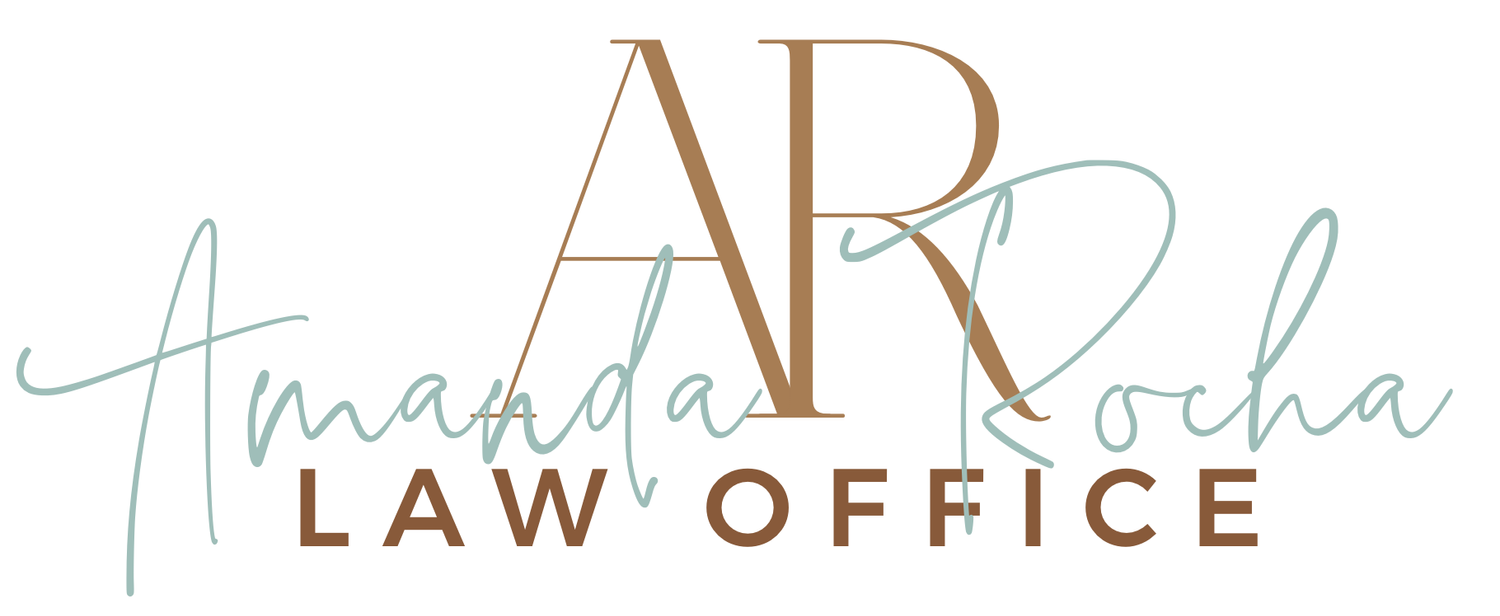When Your Doctor Says to “Get Your Affairs in Order”…
Five words no one ever wants to hear from their doctor: “Get your affairs in order.” Unfortunately, 58 percent of Americans do not have a will or trust, and it often requires a chronic disease or terminal illness diagnosis, or other life-changing event to prompt the estate planning process. Contact me to complete the documents below and follow these tips to protect your future and make the circumstances easier for your loved ones.
Advanced Healthcare Directive
An Advanced Healthcare Directive contains two documents, a living will and a healthcare power of attorney.
Living Will
A living will sets forth your wishes for what medical treatments you do or do not want; it eases the burden on loved ones who may otherwise have to guess at your preferences. This document may contain “do not resuscitate” (DNR) or “do not intubate” (DNI) orders, or those directives may be contained in a separate standalone document.
Power of Attorney for Healthcare
A power of attorney for healthcare designates a person or persons to make healthcare decisions on your behalf when you are not able to. Discuss your views on medical treatments and life-saving measures with these individuals and any loved ones, so they fully understand the decisions you may be asking them to make.
Financial Power of Attorney
A financial power of attorney authorizes the named individual to carry out certain financial matters on your behalf. Be advised that your bank or investment institution may have their own separate, required forms. If so, you will need to complete this paperwork as well. This power is only good during your lifetime, making it necessary to appoint someone with the power to do these things after your death by creating a will, trust, or both.
Will
In the simplest terms, a will is a statement directing how you want your assets handled when you die. You will need to designate a personal representative to execute the instructions in your will and identify assets and their recipients. Homes, cars, and financial accounts are some of the assets you will need to address. Make sure to account for digital assets like email, social media accounts, or online trading accounts and cryptocurrency. You may also include a personal property memorandum that lists your personal possessions and designates the recipients. One benefit of this memorandum is that you can update this document without having to return to your attorney to change your will.
A will can also name a guardian for your minor children. Without this document in place, a judge may determine who cares for your children after you pass.
Unfortunately, a will does not avoid probate, so your loved ones will have to submit the will to probate.
Trust
A trust is a mechanism that allows you to pass assets to a beneficiary and avoid the probate process. It also allows for the management of your assets while you are incapacitated. This tool allows you to control who receives your assets as well as when your beneficiaries can access assets. A third party, known as a trustee, manages the assets on your behalf.
In addition to making sure you have the basic estate planning documents prepared, there are a few other steps you can take to ensure that your family’s future will be secure.
● Consider drafting a separate letter detailing any specific wishes for raising your children. This can allow you the opportunity to share the hopes and dreams that you have for your children and offer guidance about any assets that are left to them.
● Gather important documents. Distribute copies to trusted loved ones and your attorney. Important documents may include: your social security card, birth certificate, tax returns, insurance policies (life, health, car, home), bank accounts, mortgage agreement, car title, pension and retirement plans, property titles or deeds, will, trust, investment portfolios, advance directives, contact information for estate planning attorney and accountant, marriage certificate, and utility account information.
● Do not overlook planning for digital assets. Digital assets like email, Amazon, PayPal, social media accounts or a business website all have different policies on how they handle accounts after death.
● Consider making funeral or memorial plans ahead of time and accounting for the costs, since funerals can be expensive.
● Check beneficiaries on retirement plans and insurance policies. These assets have designated beneficiaries, and they are generally not transferred through a will or trust, so ensure your beneficiary designations accurately reflect your intentions.
Facing a chronic or terminal illness diagnosis is overwhelming. I am here to help you reclaim control by assisting you in carefully crafting an estate plan. These efforts will help to ensure that people follow your intentions and to lighten the load on your loved ones. Contact me today to get started.
